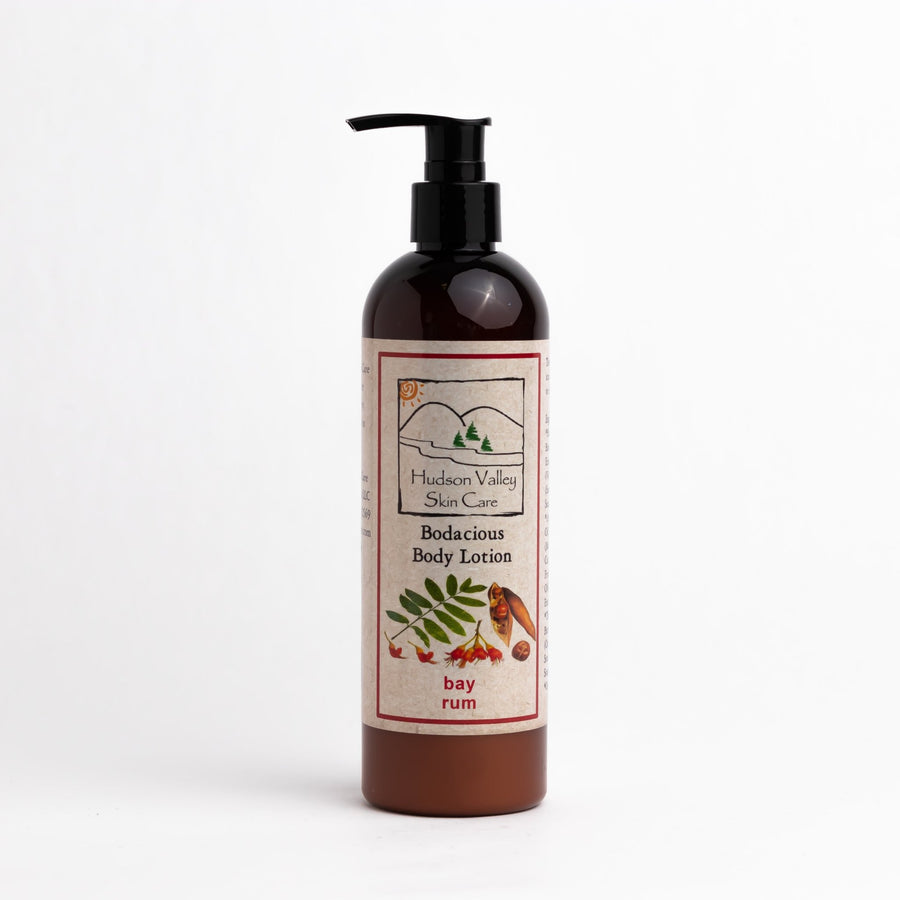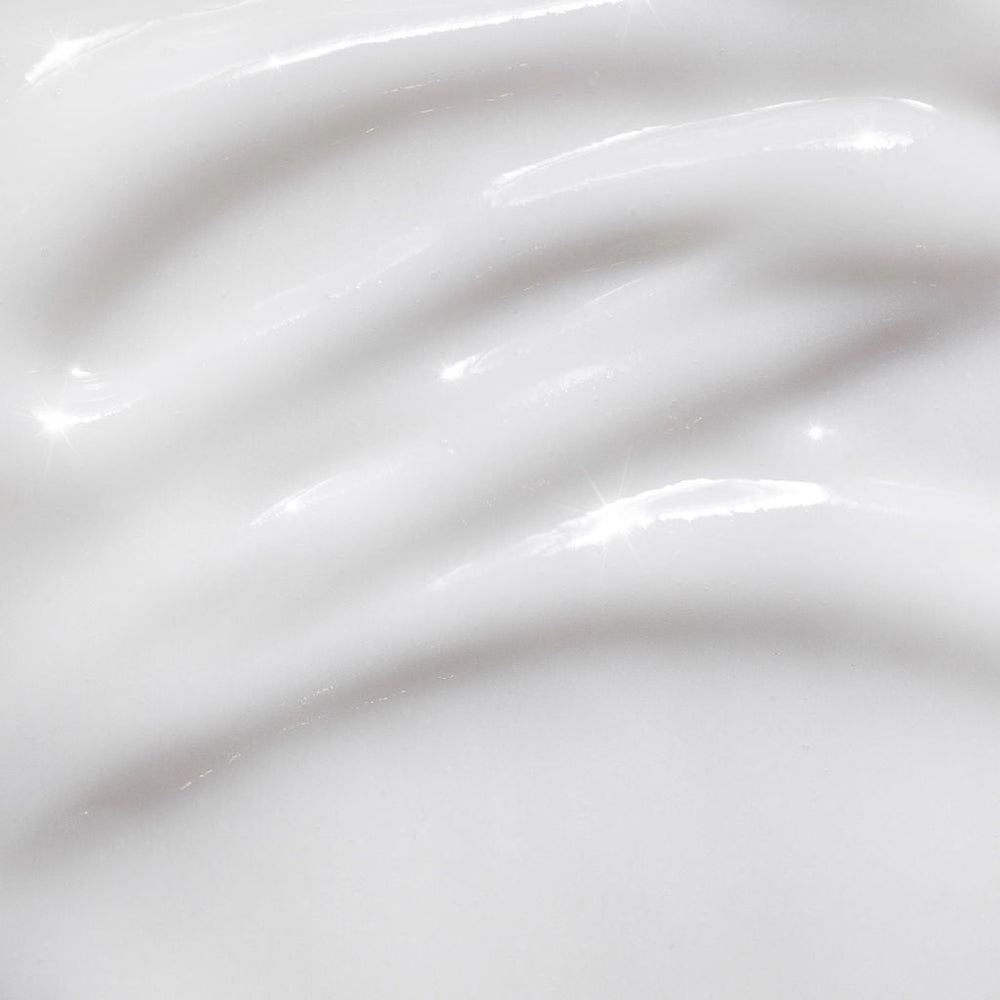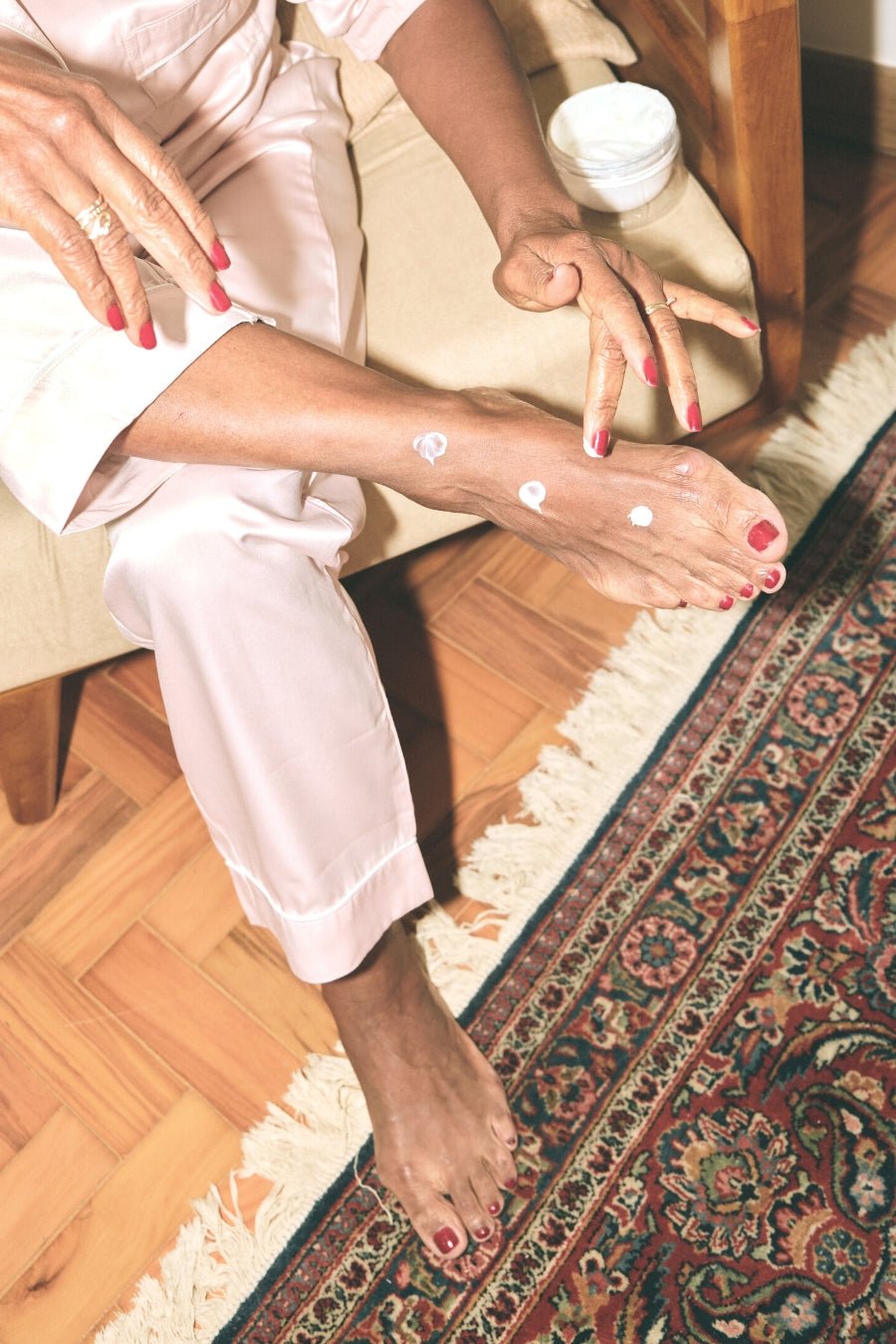Balancing Act: Unraveling the Mystery of Dehydrated Oily Skin
Oily skin has its own set of challenges, but here's a surprising twist – oily skin can also be dehydrated. Yes, you read that right. In this article, we're demystifying the common misconception that oily skin is immune to dehydration. Let's explore the delicate balance your skin strives to maintain and why even the oiliest complexions can thirst for hydration.
One of the most common skincare myths about oily skin is that it doesn’t need to be hydrated or moisturized. However, oily skin is not immune to skin dehydration. While dry skin is classified as a skin type, skin dehydration is a skin condition that all skin types can experience. Let’s get into why this happens, and how to treat and prevent it.
The Oily Skin Paradox: More Oil, Less Moisture
It's a paradox – oily skin can still lack moisture. The excess oil produced by oily skin can create a barrier that traps water beneath the surface, leading to dehydrated skin. Hydration isn't just about water; it's about maintaining the delicate balance between oil and moisture. When your skin is dehydrated, especially if your skin is oily, it ends up producing more oils to make up for the lack of moisture. This skin condition can spiral into other ones like Acne.
Culprit #1: Harsh Skincare Routine
Oily skin doesn't need to be punished. Harsh skincare routines, including over-cleansing and using drying products, can strip the skin of its natural oils, triggering a response where the skin produces even more oil to compensate. This cycle can lead to dehydrated and oily skin.
Cut back on the excess actives and exfoliating products. While ingredients like Salicylic Acid are great at treating acne, less is more. Even oily skin only needs exfoliation 1-3 times per week, and exfoliants shouldn’t be mixed with other active ingredients like Retinol.
Overlooking Hydration: A Common Oversight
The belief that oily skin doesn't need hydration is a common oversight. Skipping moisturizer or using products that focus solely on oil control can deprive your skin of essential hydration, leaving it dehydrated and potentially exacerbating oiliness.
Instead of skipping them altogether, choose lightweight moisturizers designed for oily or acne-prone skin. Gel moisturizers with humectants like Glycerin, Hyaluronic Acid, and Honey may be more suitable for your skin type.
Pro tip: apply your hydrators and moisturizers on damp skin to increase absorption.
Environmental Stressors: Dehydrating the Oiliest of Skin
Environmental factors, like harsh weather conditions and air pollution, can stress the skin. Oily skin, though resilient, can react by becoming dehydrated. Combatting these stressors with proper hydration is crucial for maintaining a healthy skin barrier.
Especially during the winter, it’s extra important to keep your skin moisturized to combat the dryness that results from indoor heating and harsh, cold air.
Hydration Beyond Water: The Role of Humectants
Hydration isn't just about chugging water (though that's important too!). Humectants, like hyaluronic acid and glycerin, draw water to the skin without adding excess oil. Choosing non-comedogenic moisturizers with these ingredients is a game-changer for dehydrated oily skin.
Oily skin may seem like it's in a league of its own, but when it comes to hydration, it plays by the same rules. Dehydration in oily skin is a real concern, and the key lies in finding the right balance. By avoiding harsh skincare, prioritizing hydration, and understanding the environmental stressors, you can keep your oily skin happy, healthy, and well-hydrated. Remember, it's not about denying the oil; it's about embracing the moisture your skin craves.








